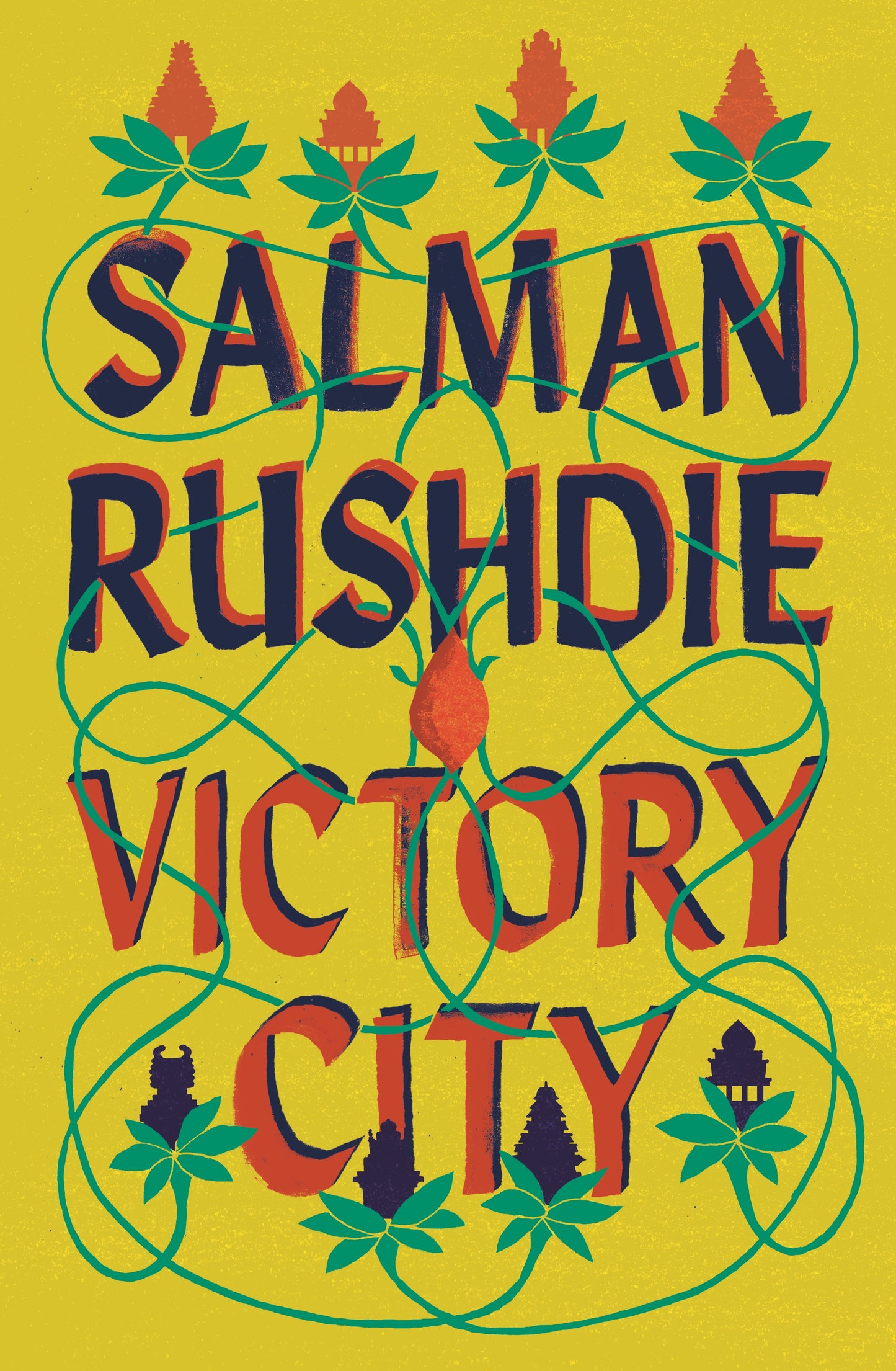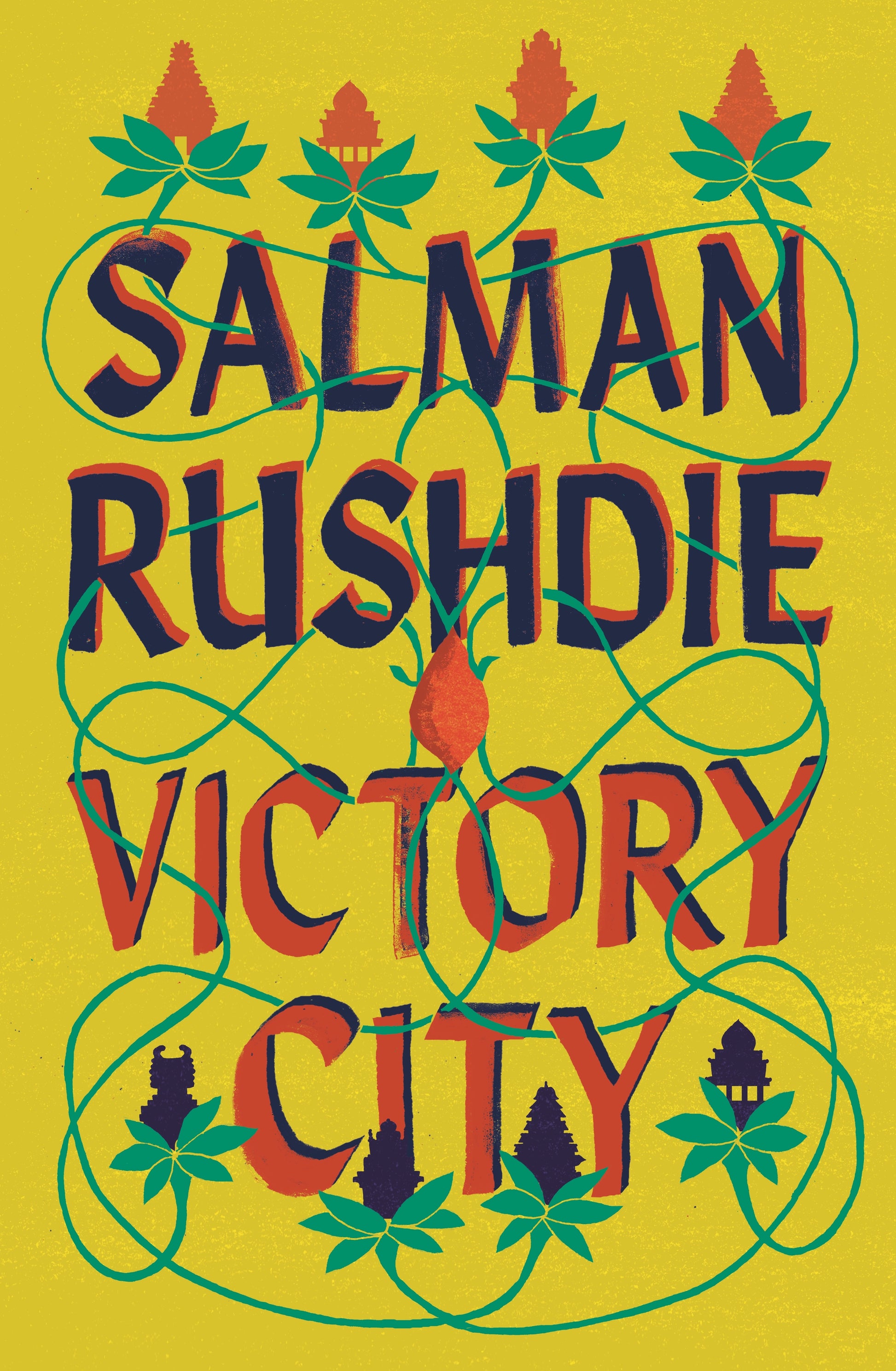Salman Rushdie
Victory City
Victory City
Couldn't load pickup availability
Nick's Review
Midnight's Children, the allegorical story based on the events of the British Raj in India and the partition of India is one of my favorite books. The words "Chutnification of History" still reverberate through my mind when ever I hear Salman Rushdie's name. Midnights Children dealt with the power of history and memory. Victory City takes this further looking at how words can be used to create and influence history and memory to shape "the now" in this fantastical allegorical story set around a mythical girl and Bisnaga ('Victory City' / "Vijayanagar).
The Financial Times of London ("FT") notes that "Vijayanagar was a real empire in southern India, largely forgotten until a book by Rushdie’s literary nemesis" VS Naipaul "revived interest in it. Its destruction by Muslim invaders 500 years ago was, in Naipaul’s eyes, a symbol of the “mortal wound” inflicted on India by Islam.
Per the FT "this narrative has since been appropriated by the Hindutva movement of rightwing Hindu nationalists, now in power under Narendra Modi. For them all India is a version of Vijayanagar, and the nation’s Muslim minority must now pay the price for its desecration.
In also drawing its inspiration from Vijayanagar, Victory City is a riposte to Naipaul’s aestheticised, proto-Hindutva incitements. Having spent their careers looking into the same mirror of the Indian past, two of the most gifted writers of South Asian origin in the postcolonial era have each somehow seen a different picture reflected back. In Vijayanagar, where Naipaul saw only discord, Rushdie now conjures up a fantasy world whose strength lies in India’s great religions coming together, “flow[ing] into each other like the rivers Ganga and Yamuna”. see ("Salman Rushdie’s Victory City is a testimony to the power of words", Financial Times of London, Tanjil Rashid, 2 February 2023)
Other Reviews
'A total pleasure to read, a bright burst of colour in a grey winter season' Sunday Times
'A celebration of the power of literature and the endurance of storytelling' Guardian
Publishers Review
She will whisper an empire into existence - but all stories have a way of getting away from their creators . . .
In the wake of an insignificant battle between two long-forgotten kingdoms in fourteenth-century southern India, a nine-year-old girl has a divine encounter that will change the course of history. After witnessing the death of her mother, the grief-stricken Pampa Kampana becomes a vessel for a goddess, who tells her that she will be instrumental in the rise of a great city called Bisnaga - literally 'victory city' - the wonder of the world.
Over the next two hundred and fifty years, Pampa Kampana's life becomes deeply interwoven with Bisnaga's as she attempts to make good on the task that the goddess set for her- to give women equal agency in a patriarchal world. But all stories have a way of getting away from their creator, and as years pass, rulers come and go, battles are won and lost, and allegiances shift, Bisnaga is no exception.
Share


